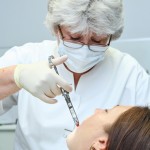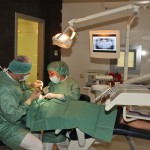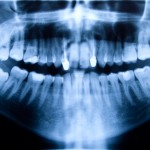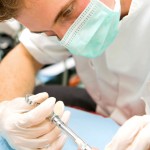
This well conducted randomised controlled trial assessed inferior alveolar nerve block (IANB) success of 2% mepivacaine and 4% articaine in patients with symptomatic irreversible pulpitis (SIP) in mandibular molars during access cavity preparation and instrumentation.
[read the full story...]

